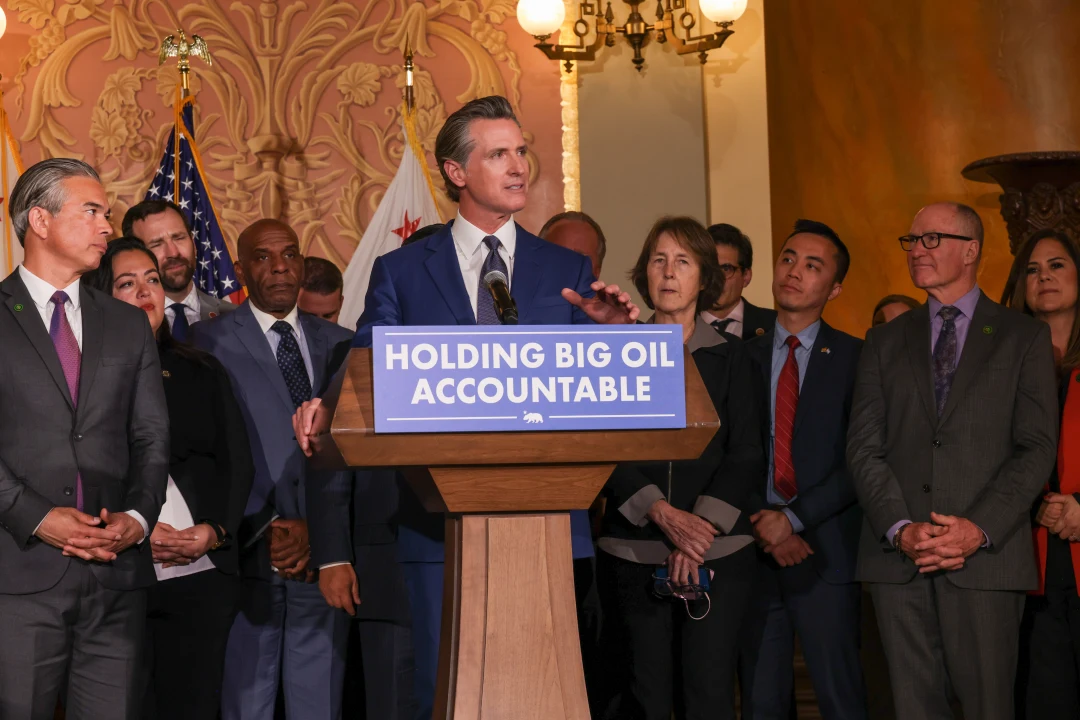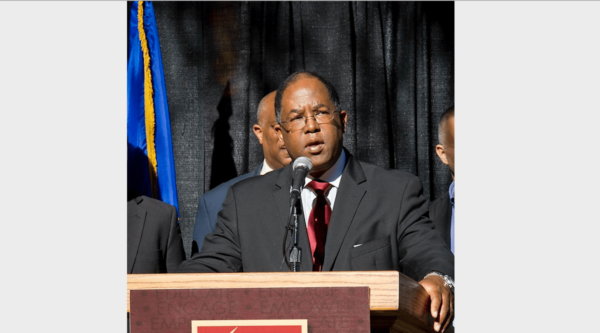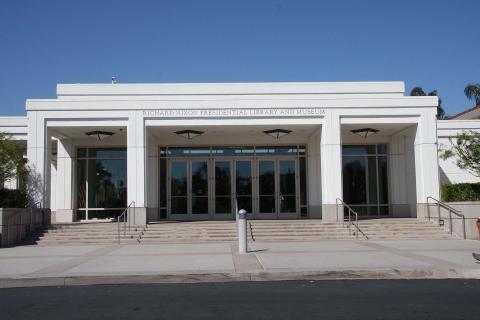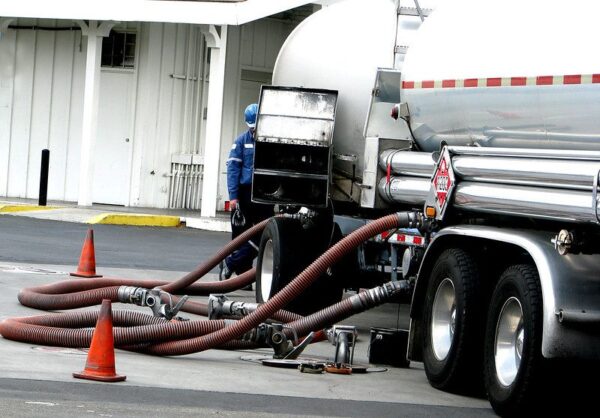Following record gas prices in 2022, Gov. Gavin Newsom on Tuesday signed legislation that gives state regulators the power to penalize big oil companies for price gouging.
Authored by Senator Nancy Skinner, D-Berkeley, co-sponsored by Attorney General Rob Bonta and approved by a supermajority in both the Senate and Assembly, SBx1-2 creates an independent watchdog division within the California Energy Commission staffed by market experts, economists and investigators tasked with analyzing the petroleum market to identify industry abuses. The division will have subpoena power and can refer violations to the attorney general for possible prosecution. The California Energy Commission is also authorized to impose a price gouging penalty on refiners based on the work of this division.
The law will go into effect on June 26.
“With this legislation, we’re ending the oil industry’s days of operating in the shadows. California took on Big Oil and won,” said Newsom at a press conference surrounded by legislators and community leaders at the State Capitol Tuesday. “We’re not only protecting families, we’re also loosening the vice grip Big Oil has had on our politics for the last 100 years.”
Initially, Newsom proposed penalizing refiners with excess profits to fund rebates for consumers but that idea was scrapped due to fears over how it might affect supply. According to CalMatters, “Even Democratic allies feared that, without more information, they might unintentionally create a disincentive for gasoline production, further constraining supply and leading to even higher costs for drivers.”
Last year, gas prices in California reached upwards of $6.42 per gallon, $2.61 more than the national average. According to the governor’s office, the majority of those increases “went straight to Big Oil’s bottom line — leaving them with a record $200 billion in profits for the year.”
“For too long, Californians have been left in the dark when it comes to the practices of the gas industry,” said Bonta. “And while oil companies have been lining their pockets, many Californians are struggling to make ends meet.”
In a statement last October, the Western States Petroleum Association blamed high gas prices on supply shortage caused by what the group claims is “a lack of investment in refining capacity and necessary infrastructure.”
As California tries to reach its goal of carbon neutrality by 2045, the state aims to reduce “fossil fuel demand by 86% within that time frame,” according to the Associated Press. Furthermore, in 2020, the governor signed an executive order requiring sales of all new passenger vehicles to be zero-emission by 2035 and last August the California Air Resources Board approved a roadmap to have all new cars sold in the state to be zero-emission vehicles.







